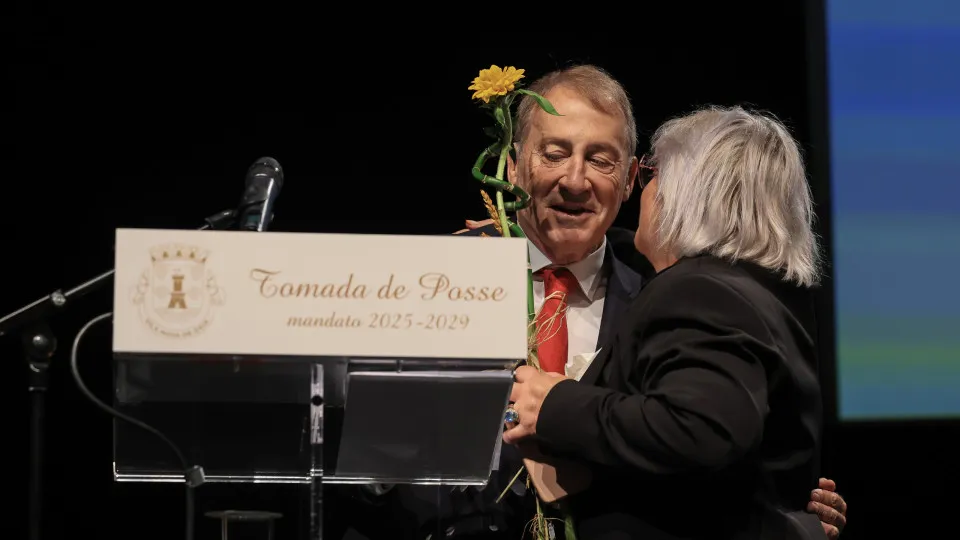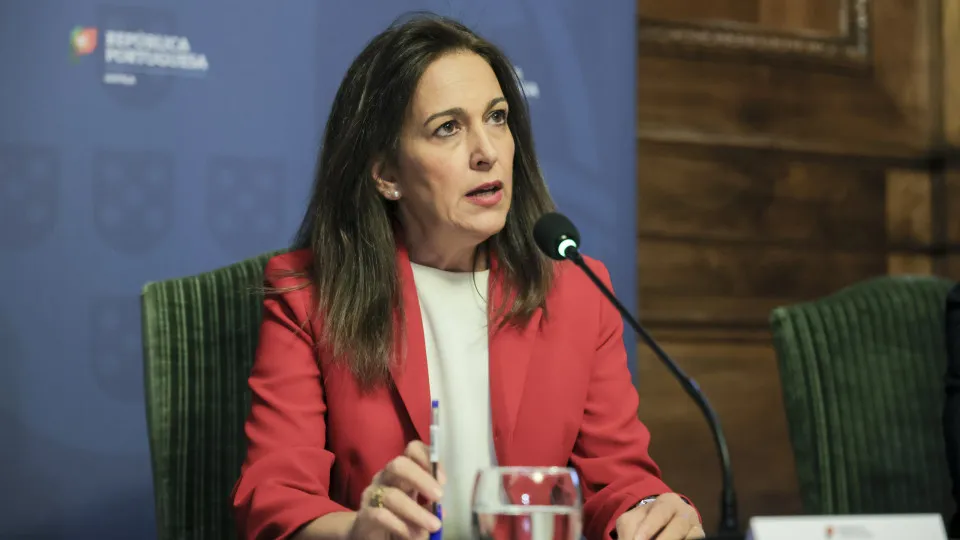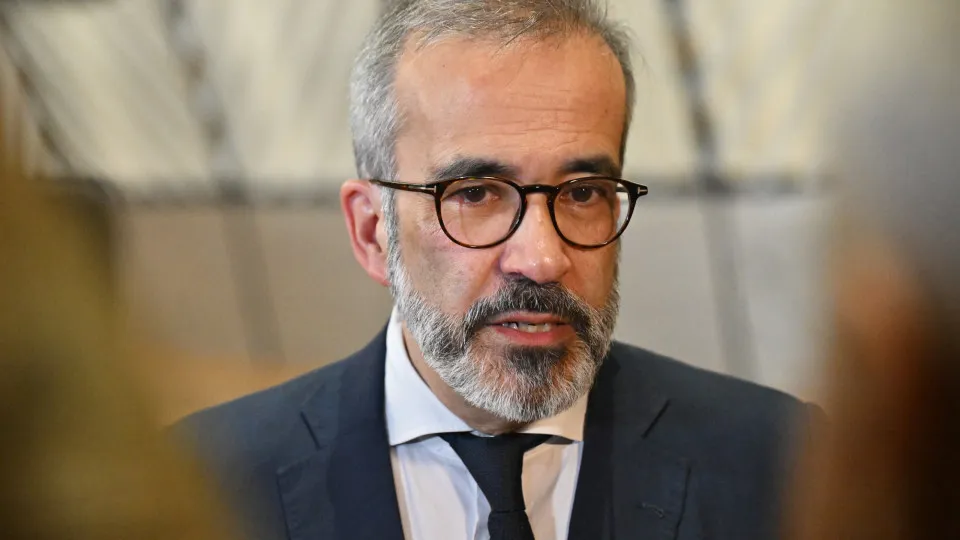
“We will not dwell on the recent past, with one exception: the duty to make the results of the mandatory audits public. These audits will be conducted through a transparent public tender or consultation with reputable external entities. They will examine the management and work of the municipal companies Gaiurb, Águas de Gaia, and InovaGaia, as well as the municipal management, specifically the areas of financial management, public procurement, and human resource management,” declared the mayor during his inauguration speech, which took place today at the Municipal Auditorium of Gaia.
While refraining from naming socialist Eduardo Vítor Rodrigues, who led Gaia for 12 years until stepping down in June following a mandate loss conviction and being succeeded by fellow socialist Marina Mendes, Menezes devoted approximately 50 minutes of his hour-and-a-half-long speech to criticizing predecessors and made a promise.
“Respect for democratic authority, the dignity of institutions, and the officials representing them has returned to Vila Nova de Gaia. This chaos will never again take over this community. I am absolutely sure of this,” he stated.
Returning to the municipality he led for 16 years, from 1997 to 2013, until term limits led him to run for Porto, where he lost to independent Rui Moreira, Menezes announced that the first issue he will address is the high-speed train (TGV).
“We will bring to the first council meeting a proposal to form a working group composed of representatives from the executive majority, the consortium building the high-speed project, and representatives from all affected parishes,” he said.
The new mayor of Gaia wants this group to find “sensible solutions to present to the city and gain approval from the Council and the Municipal Assembly,” with solutions expected “within a month and a half.”
“The TGV will not be a problem but an opportunity to reframe the municipality’s success. We will immediately negotiate with the metropolitan transport company a solution to provide Gaia with a modern, interdisciplinary system across the entire territory, focusing on two main aspects: facilitating daily home-work commutes and enhancing intra-parish transit and school transport efficiency,” he added.
Promising not to succumb to “easy populism” by claiming to immediately resolve issues that have lingered for more than a decade, he pledged to “start showing significant improvements within eight months to a year of his term.”
In a ceremony marked by numerous references to two present mayors – the new Porto mayor Pedro Duarte and Sintra’s Marco Almeida – Luís Filipe Menezes also made promises regarding Gaia’s connection and partnership with its neighboring city, Porto.
“Dear Pedro Duarte, you leave us with great responsibility because you open the door to a healthy and effective strategic partnership that, for various reasons, was not possible in the last 25 years: shared mobility and cultural and leisure events, new crossings, metropolitan cooperation will no longer be taboo but a new path for productive work between our sister cities,” said the mayor, noting the involvement of other municipalities in the Greater Porto area.
“But Gaia can and should also challenge other metropolitan partners for joint projects. Gondomar, Maia, Matosinhos, Valongo, and Espinho are fellow travelers with whom we wish to build projects,” he stated.
In what was his fifth inauguration in Gaia, in addition to a lengthy speech that drew much laughter and applause, Menezes made another noteworthy gesture when he rose at the start of the ceremony to open the auditorium doors and instructed that anyone wishing to attend the ceremony be allowed entry, filling empty seats or standing along the sides, following a moment of confusion with shouting from outside heard inside the auditorium.
The commotion involved some dozens of individuals attempting to gain entry to the ceremony, some claiming they had invitations while others demanded to attend “in the name of freedom,” as was heard inside.
Besides those elected to the Municipal Assembly and the presidents of the 24 Parish Councils, the municipal council was also sworn in, comprising PSD/CDS-PP/IL coalition members in addition to Luís Filipe Menezes, Álvaro Santos, who has been announced as the new vice-president, Elizabete Silva, Firmino Pereira, and Fernando Machado (total of five terms).
In opposition, the PS elected members João Paulo Correia, Maria José Gamboa, Fátima Menezes de Figueiredo, César Rodrigues, and Delmiro Pereira (total of five terms), as well as António Barbosa from the Chega party (one term).
The Municipal Assembly was concluded with Foreign Affairs Minister Paulo Rangel assuming the presidency, accompanied by Paulo dos Santos and Ana Paula Silva Dias, who also ran on the PSD/CDS-PP/IL ticket, being elected as the first and second secretaries.
The ticket was unanimous and received, through secret voting, 32 votes in favor, 21 ballots blank, and one against.




